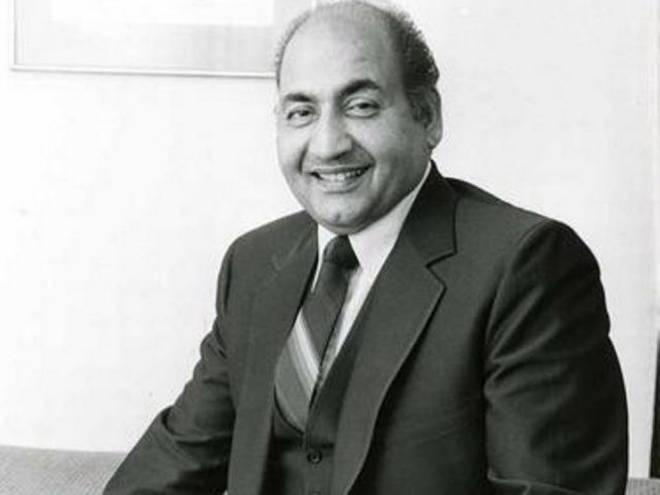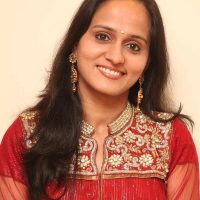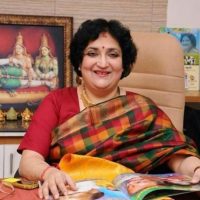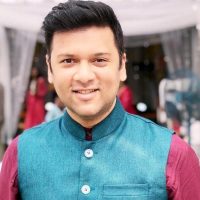| Brief Career Overview | - In 1941, Rafi was invited by All India Radio, Lahore station, to sing for them.
- In 1941, he made his debut in Lahore as a playback singer in the duet 'Soniye Nee, Heeriye Nee' with Zeenat Begum in the Punjabi film 'Gul Baloch' (released in 1944).
- In 1944, Rafi moved to Mumbai and lived with Hameed Sahab in a rented ten-by-ten-feet room in the crowded downtown, Bhendi Bazar area.
- In 1945, he appeared on the screen for the song 'Tera Jalwa Jis Ne Dekha' in the film 'Laila Majnu'.
- He considered K. L. Saigal as his idol and was also influenced by G. M. Durrani. In the early phase of his career, he often followed their style of singing.
- In 1948, after the assassination of Mahatma Gandhi, the team of Husanlal Bhagatram-Rajendra Krishan and Rafi created the song 'Suno Suno Ae Duniyawalon, Bapuji Ki Amar Kahani.' He was then invited by Jawaharlal Nehru to sing at his house.
- He worked with various eminent Music Composers such as Naushad, S.D. Burman, Shankar-Jaikishan, O.P. Nayyar, Ravi, Laxmikant-Pyarelal and many more.
- The last song of Rafi was 'Shaam Phir Kyun Udaas Hai Dost, Tu Kahin Aas Paas Hai Dost' for the composer Laxmikant- Pyarelal, recorded just hours before his death.
- In June 2010, Rafi along with Lata Mangeshkar was voted the most popular playback singer in the Outlook Music Poll, conducted by Outlook magazine. The same poll voted 'Man re, tu kahe na dheer dhare' (Chitralekha, 1964), sung by Rafi as the Number one song with 'Tere mere sapne ab ek rang hain' (Guide, 1965) and 'Din dhal jaye, hai raat na jaye' (Guide, 1965), following closely.
- Shahid Rafi and Sujata Dev wrote his official biography titled, 'Mohammed Rafi: Golden Voice of the Silver Screen,' launched on his 91st birth anniversary.
- The 'Padma Shri Mohammed Rafi Chowk' in the Bandra suburbs of Mumbai was named after him.
|
|---|





